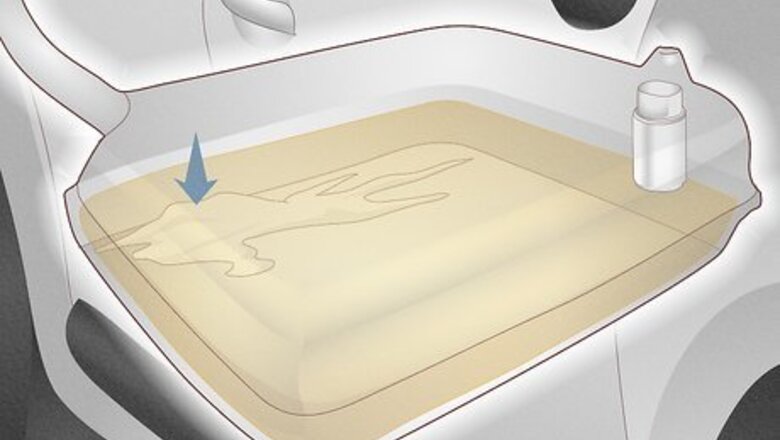
views
- Sugar in a gas tank won’t destroy your engine, but it can block up your car’s filtration system. This can create long-term issues in your car, like stalling and power surges.
- The “sugar in a gas tank” myth originated in the 1950s, back when cars had mechanical fuel pumps that could be easily clogged with sugar.
- Visit a mechanic if you suspect someone has dumped sugar into your gas tank. They can take a closer look and clean out your tank.
What does sugar do in a gas tank?
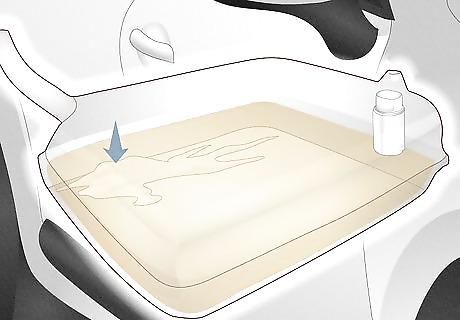
Sugar sinks to the very bottom of your gas tank rather than entering your engine. Due to its chemical makeup, sugar doesn’t dissolve in gasoline—instead, it sits at the base of the tank. Because of this, it’s unlikely that any sugar will physically make it to your engine.
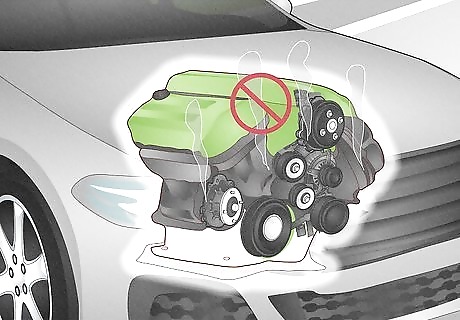
Sugar does not destroy your engine or cause it to seize. Back in 1994, a forensics professor conducted an experiment where he attempted to mix sugar with gasoline, only to find that barely any of it actually dissolved. This throws a wrench in the classic myth, which claims that sugar dissolves into gasoline, caramelizes, and completely ruins the engine. Sugar can, however, create blockages in your vehicle’s filtration system, which can lead to problems like stalling, surges of power, and even issues getting your car to start. Some YouTubers have actually tested this theory for themselves on different types of engines, like cars and lawnmowers. In these experiments, the engines still ran with sugar in the tank. Did You Know? The “sugar in a gas tank” myth actually stems all the way back to the 1950s. Several decades ago, vehicles were made with mechanical fuel pumps, which connected to the lower portion of a car’s fuel tank. Since sugar doesn’t actually dissolve in gasoline, the sugar would sit at the bottom of the tank and clog up the pump, creating frustrating issues for anyone with a sugared-up fuel tank.
Risks of Sugar in a Gas Tank
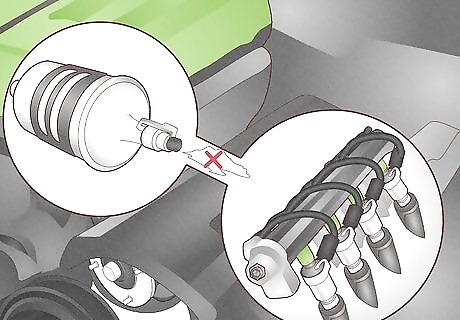
Sugar can block up your car’s fueling system. Sugar can’t get into your car’s engine because it’s stopped by your car’s filtration system, which includes the fuel filter and the filter on your vehicle’s fuel injectors. Needless to say, these types of blockages can make a car completely undrivable. For instance, stalling as well as power surges in your vehicle are tell-tale signs of a compromised fuel filter. A fuel filter is an important part of a car’s filtration system that keeps solid debris out of the engine, while a fuel injector is a part of the fuel pump that physically sends a specific ratio of fuel and air to your car’s engine. The amount of sugar added to a gas tank is also a factor. Replacing the fuel filter will do the trick if there’s only a little bit of sugar in your tank; an entire bag of sugar, on the other hand, requires your entire tank to be cleaned out.
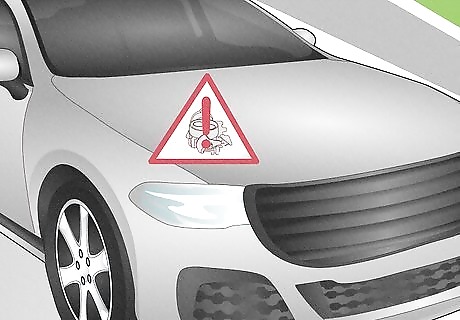
The carburetor doesn’t work properly. The carburetor uses air and fuel to create the combustion process, which allows the engine to run smoothly. In the unlikely case that sugar manages to make it into your carburetor, your engine won’t function properly and your car won’t work. Keep in mind, though, that most cars have advanced filtration systems with multiple filters that the fuel has to pass through. So, it’s not likely that the sugar will make it this far in your engine.
What to Do If There’s Sugar in Your Tank
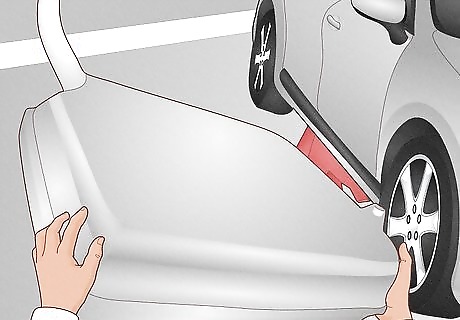
Get your car inspected and repaired by a mechanic. Sugar in a gas tank won’t total your engine, but it’s still not a good idea to drive around with a compromised tank. Instead, call up a mechanic (or a towing service that can take your car to a mechanic). A professional can remove the tank from your car, clean it out, and address any other issues the sugar might have caused (like replacing fuel filters). If you feel confident in your own auto repair skills, get your car up to snuff at home by dropping the tank, washing it out, and checking your fuel pump (to make sure that fuel can still flow without any issue). Do you suspect that someone sugared your tank but can’t find any evidence around the pump? Pay close attention to how your vehicle is performing, instead. Sugared-up cars might not start up at all, or they might cause the engine to stall. Your vehicle also won’t run as smoothly, and its fuel economy will go down.












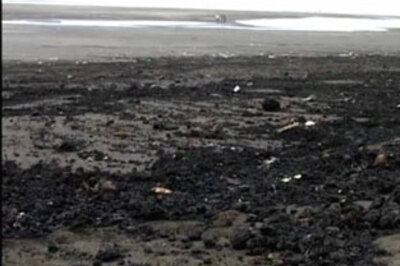






Comments
0 comment